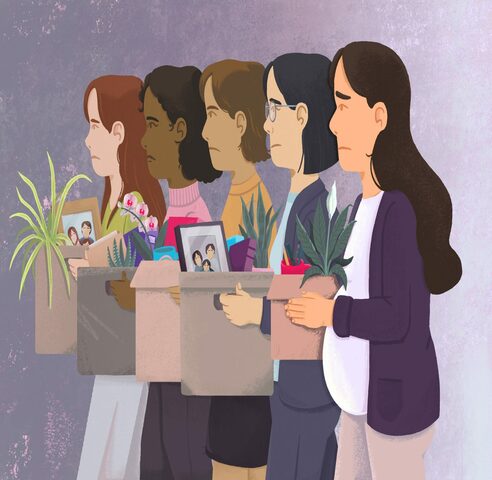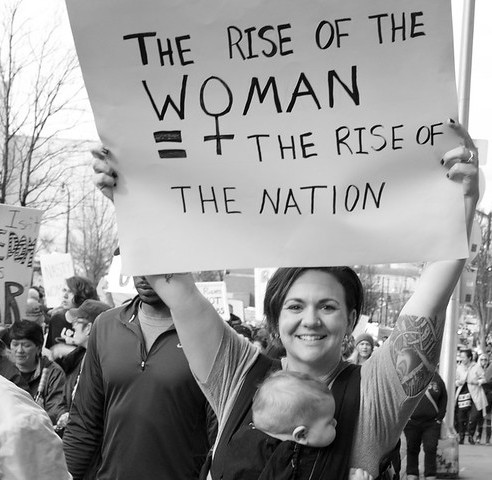Moms are still often laid off while on parental leave, pushed out of workplaces and subjected to stereotypes about their competency. But with few legal protections, attorneys say most cases go unreported.
Liftery is busy changing the landscape for working women — so that ten million moms can keep rising higher.
Sign up and stay tuned for exciting news in your inbox!

Moms are still often laid off while on parental leave, pushed out of workplaces and subjected to stereotypes about their competency. But with few legal protections, attorneys say most cases go unreported.

The motherhood penalty is the loss in lifetime earnings experienced by women raising children. Mothers face underemployment and slower career progression upon returning to work after having a child, leading to a direct loss in earnings compared to fathers.

Today, more women are breaking through to the top of the leadership ranks. But women remain acutely underrepresented in the middle management tiers, jeopardizing the prospects for a healthy pipeline of future women leaders.

In 2022, US women on average earned about 82 cents for every dollar a man earned. That’s a big leap from the 65 cents that women were earning in 1982. But it has barely moved from the 80 cents they were earning in 2002.

Women are demanding more from work, and they’re leaving their companies in unprecedented numbers to get it. Women leaders are switching jobs at the highest rate we’ve ever seen—and at a higher rate than men in leadership.

The US welcomes the employment and economic advancement of women—yet doesn’t actually support them. We’ve finally hit a breaking point.

Despite progress toward gender equality at work, it still takes women longer to get promoted than men, and few make it to the top of the corporate ladder. The authors’ research suggests that the reason why comes down to gender-biased assumptions about how challenging it will be to retain them.

Inflection point. As Kirthiga Reddy advanced in her career, becoming managing director for Facebook India and then the first female investing partner at SoftBank Vision Fund manager SoftBank Investment Advisors, she came up with a years-long strategy to balance her work and home lives.

Moms can’t work without child care – period. And yet, child care too often is seen as an individual problem for families to solve. With original data developed by our knowledge partner McKinsey, we released a new report that shows amid the Great Resignation, expanded child care benefits can help companies attract, retain and advance women in the workforce.

A year and a half into the COVID-19 pandemic, women in corporate America are even more burned out than they were last year—and increasingly more so than men.